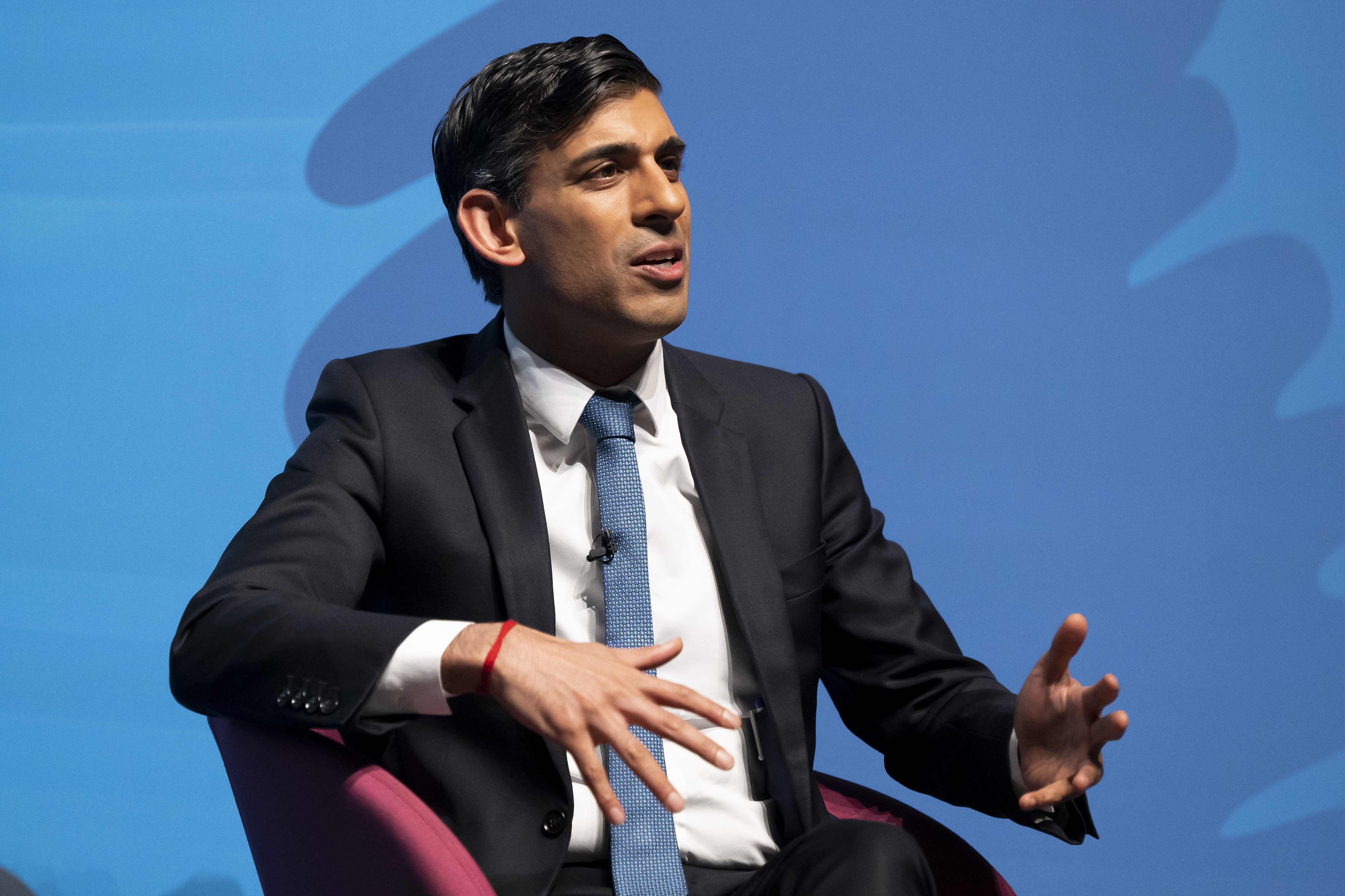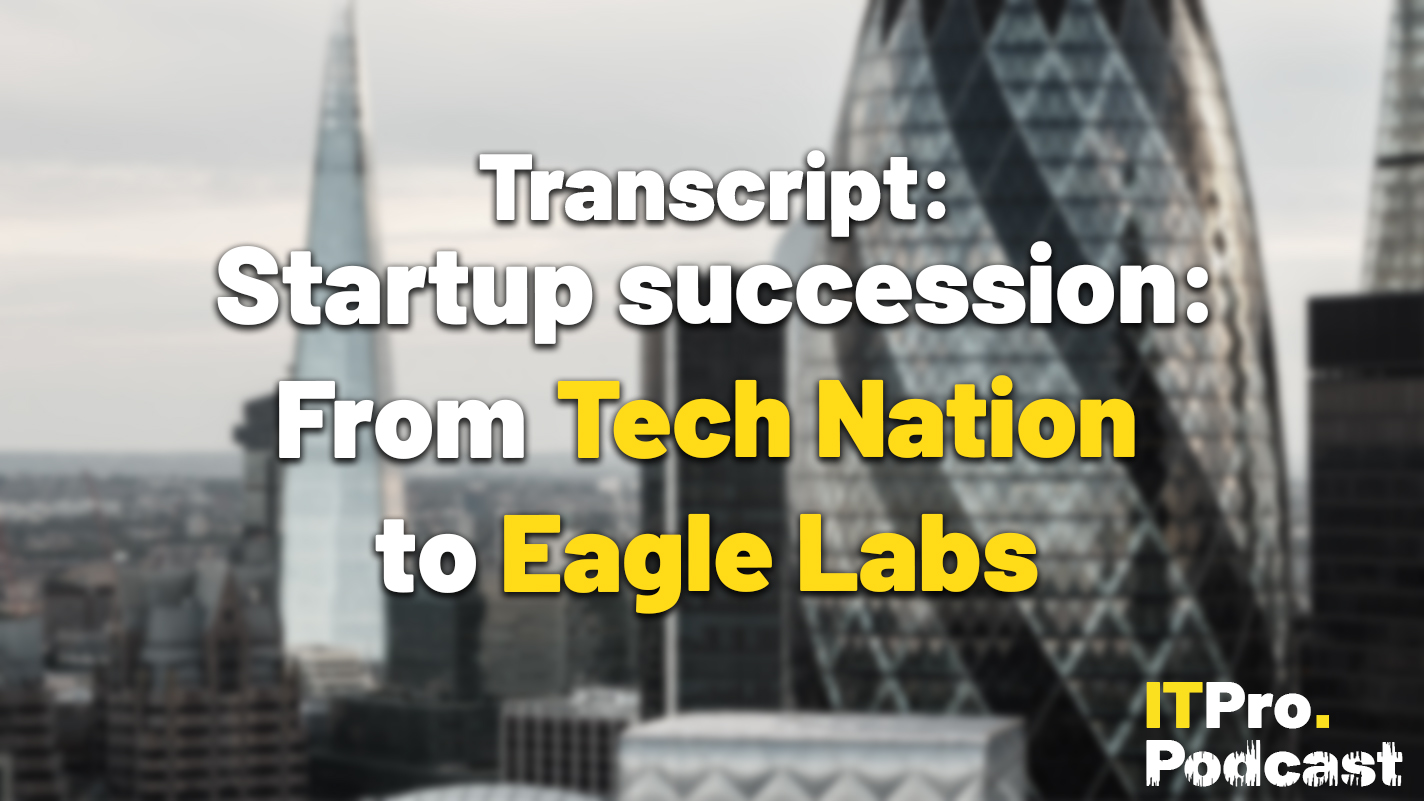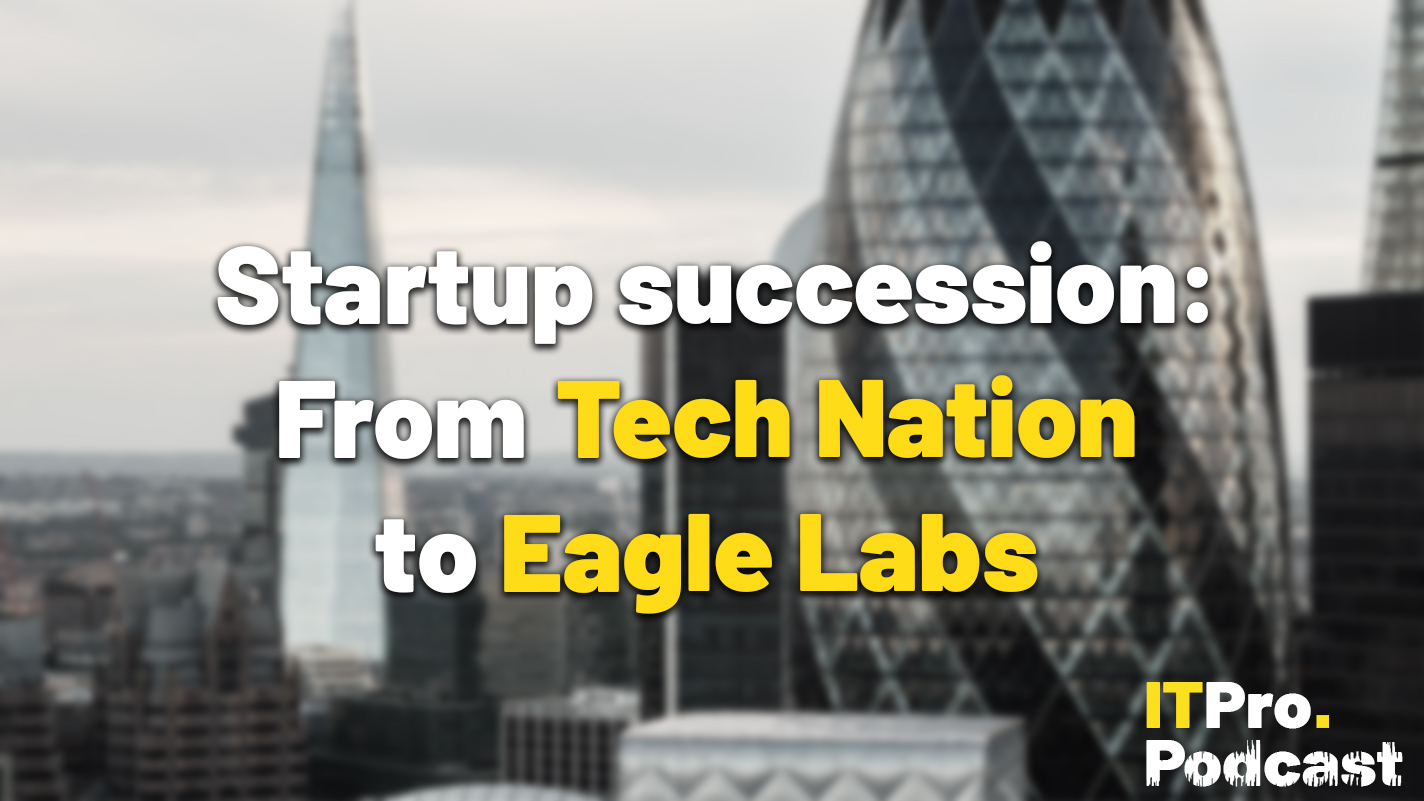Stick or twist: Leaving a big tech company for a startup
Ex-Microsoft and Thomson Reuters veterans share their experiences of career roadblocks and new beginnings


Working at the likes of Google or Microsoft can seem like a dream come true the opportunity to be part of a community that's at the forefront of the technology industry, a place to make a name for yourself.
For some, however, the excitement of working for a famous name, often with a big paycheck, can quickly dissipate. This can be especially true when faced with the grim reality of being another cog in a corporate wheel, constantly churning out projects with little enthusiasm in environments that often stifle personal development.
It's this desire to be part of something greater, to love your work and care for the products you create, that's helping to drive a startup scene that's claimed many disgruntled former industry veterans.
Jensen Harris, former director for Microsoft's Windows 8 portfolio, caused a stir on Twitter earlier this year when he shared his experiences of moving from Redmond to a much smaller technology company.
Having worked for Microsoft for 16-years, making a name for himself in the process, Harris decided to leave his secure job and run his own startup after he felt his career was only developing for the benefit of Microsoft.
Room for innovation
"When I left Microsoft after 16 years, I had worked on what seemed to me to be a dizzying array of roles and products," says Harris. "Within Microsoft that was compelling, but to the external world, it was just 16 monolithic years."
Jensen's considerable skill set honed at Microsoft, where he led the creation of some of the most widely used and influential software in the world, offered him plenty of opportunities for work elsewhere at similarly sized technology rivals.
Get the ITPro daily newsletter
Sign up today and you will receive a free copy of our Future Focus 2025 report - the leading guidance on AI, cybersecurity and other IT challenges as per 700+ senior executives
However, an unwillingness to repeat the last 16 years led Harris to not only look at smaller startups, but instead found his own.
He came up with Textio, an augmented writing platform that uses patterns in natural language to help create more effective marketing tools. It's an innovative idea, something Jensen feels startups can do fearlessly compared to the big companies.
"Startups are able to take the risks to try new things without needing to immediately serve hundreds of millions of users, whereas big companies are weighed down by the anchor of market expectations," says Harris. "Time and again, the biggest innovations in software have come from smaller, focused companies not afraid to invent something new."
Golden Handcuffs
Smaller startups may have the extra wiggle room needed for innovation, but they can't compete against the vast finances that established companies can leverage when hunting for, and retaining, talent.
They can offer large wages and huge bonuses as incentives to stay, a practice known commonly in the tech industry as 'golden handcuffs'. As the term suggests, it can be a little sinister.
"You don't have to handcuff people to a job they love, so I think there's something creepy built into that metaphor," says Harris.
It's not something that Harris believes ultimately drives tech professionals. He argues that innovation and creativity come from smart people being able to move from place to place, forging diverse insights with their experiences.
"Historically large companies have used startup acquisitions as their innovation pipeline not just for the ideas, but for the people who were motivated more by the thing they believe in building than by a role they are handcuffed to," he says.
He adds that having total belief in a project you are purely motivated by is more likely to produce the creation of something novel and groundbreaking.
Making mistakes
Judging by the conversation Harris sparked with his advice post on Twitter, his experiences clearly resonated with many industry professionals. Yet for others, startups can be simply a means of injecting excitement into a career once again.
Having been an investment banker at Lazard for six years, Gus Tugendhat joined Thomson Reuters in a corporate development role and worked his way up to a managing director position before hitting a career roadblock.
"I did that till I was about 40 and then I got a bit bored really," says Tugendhat. "Maybe it was my age, or maybe it was because I wasn't learning anymore."
"I had lots of runway there it's a great company, but I felt I wasn't learning as much as I had. I was then approached to go work at a startup," he says.
The startup was a FinTech outfit called Red Deer Systems, which he felt was the right move for him at the time based on the position's description. But, after working there for 18 months he realised "it wasn't a good mutual fit" between the two parties.
"I don't regret leaving Thomson Reuters or joining Red Deer. Far from it," says Tugendhat. "It was the right thing to do at the time and I had absolute conviction that I wanted to do a startup, but instead of doing someone else's I wanted to do my own."
"Whatever I did next had to solve a problem, be really simple and it had to bring together a really good team of people. Red Deer was valuable not because it was a success, but because it was an experience that inspired me to do something I was infinitely more passionate about."
Exploiting past experiences
That inspiration and passion led to the formation of online data service Tussell, a startup that works with businesses to exploit opportunities in the UK's public procurement market. It's proved to be a successful venture, but the initial concept was born entirely from the experiences he garnered from his previous positions.
"There are a lot of people who will pay to follow the money in a marketplace as big, important and influential as what the government is spending money on, and I knew that from having worked in banking and having worked at Thomson Reuters," he says.
Having made the leap from the big company to the startup, both Jensen and Gus are keen to share the lessons from their respective experiences, but both agree that enjoying your work is far more important to your career than maintaining a long-held role.
"It's always good to go where you are wanted," says Tugendhat. "If people approach you and are trying to hire you, that is usually better than trying to knock the door down yourself."
It just felt like the right next step for me... going from a big company to a small company... stepping out of my comfort zone."
Image: Shutterstock
Bobby Hellard is ITPro's Reviews Editor and has worked on CloudPro and ChannelPro since 2018. In his time at ITPro, Bobby has covered stories for all the major technology companies, such as Apple, Microsoft, Amazon and Facebook, and regularly attends industry-leading events such as AWS Re:Invent and Google Cloud Next.
Bobby mainly covers hardware reviews, but you will also recognize him as the face of many of our video reviews of laptops and smartphones.
-
 Should AI PCs be part of your next hardware refresh?
Should AI PCs be part of your next hardware refresh?AI PCs are fast becoming a business staple and a surefire way to future-proof your business
By Bobby Hellard Published
-
 Westcon-Comstor and Vectra AI launch brace of new channel initiatives
Westcon-Comstor and Vectra AI launch brace of new channel initiativesNews Westcon-Comstor and Vectra AI have announced the launch of two new channel growth initiatives focused on the managed security service provider (MSSP) space and AWS Marketplace.
By Daniel Todd Published
-
 Is Rishi Sunak’s ‘Unicorn Kingdom’ a reachable goal or a mere pipedream?
Is Rishi Sunak’s ‘Unicorn Kingdom’ a reachable goal or a mere pipedream?Analysis Plunging venture capital investment and warnings over high-growth company support raise doubts over the ‘Unicorn Kingdom’ ambition
By Ross Kelly Published
-
 Some Tech Nation programs could continue after Founders Forum acquisition
Some Tech Nation programs could continue after Founders Forum acquisitionNews The acquisition brings to a close a months-long saga over what the future holds for Tech Nation initiatives
By Ross Kelly Published
-
 Podcast transcript: Startup succession: From Tech Nation to Eagle Labs
Podcast transcript: Startup succession: From Tech Nation to Eagle LabsIT Pro Podcast Read the full transcript for this episode of the ITPro Podcast
By Rory Bathgate Published
-
 The ITPro Podcast: Startup succession: From Tech Nation to Eagle Labs
The ITPro Podcast: Startup succession: From Tech Nation to Eagle LabsITPro Podcast Some small firms are already lamenting the loss of Tech Nation, but Barclays Eagle Labs has much to offer the sector
By Rory Bathgate Published
-
 Don’t count Barclays Eagle Labs out just yet – it can deliver in ways Tech Nation never has
Don’t count Barclays Eagle Labs out just yet – it can deliver in ways Tech Nation never hasOpinion Tech Nation has a great track record, but Eagle Labs has the experience, the financial clout, and a clear-cut vision that will deliver positive results for UK tech
By Ross Kelly Published
-
 UK tech sector could face a ‘unicorn winter’ amid spiralling economic conditions
UK tech sector could face a ‘unicorn winter’ amid spiralling economic conditionsNews Tech Nation’s final piece of industry research calls for action to support continued ecosystem growth
By Ross Kelly Published
-
 "It's still not great": Industry divided on government's SMB tax relief package
"It's still not great": Industry divided on government's SMB tax relief packageNews The government’s handling of R&D tax credits has left SMBs with a “sense of disbelief”
By Ross Kelly Published
-
 UK startup's Equinix deal marks step towards broad quantum computing access
UK startup's Equinix deal marks step towards broad quantum computing accessNews Businesses around the world will be able to use its quantum computing as a service platform through Equinix
By Zach Marzouk Published